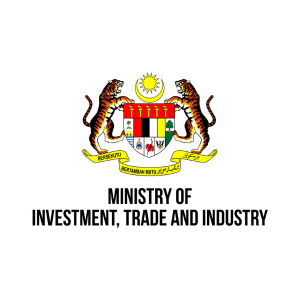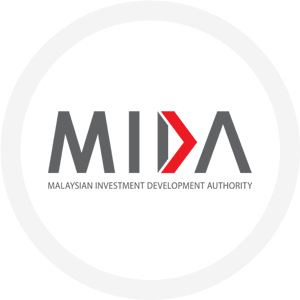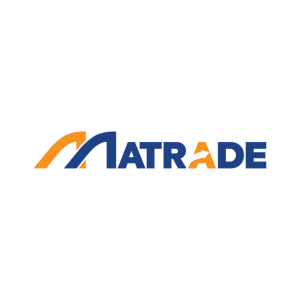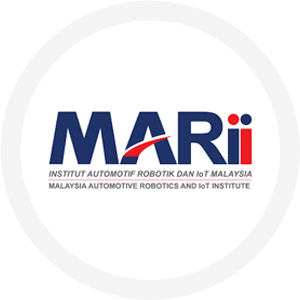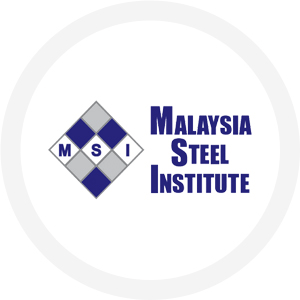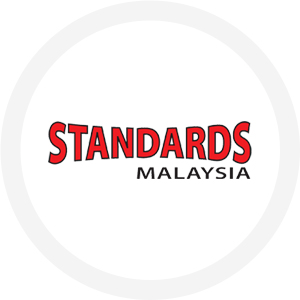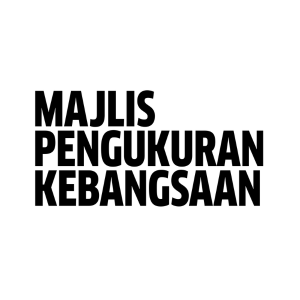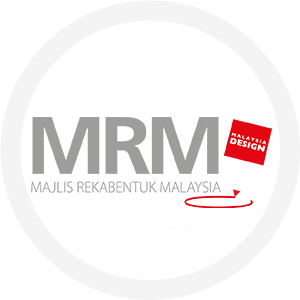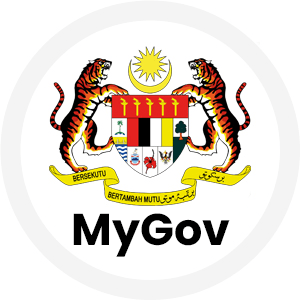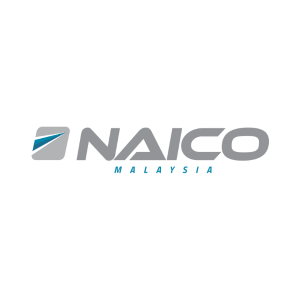Malaysia Climbs in IMD Competitiveness Ranking 2025: E&E Sector Leads, Regulatory Efficiency Gains Spotlight
Kuala Lumpur, 21 July 2025 – Malaysia has risen significantly in the IMD World Competitiveness Ranking (WCR) 2025, driven by a surge in industrial performance and bold regulatory reforms. At the heart of this momentum is the Electrical & Electronics (E&E) industry, which continues to attract global investment while benefiting from improved approval processes that enhance ease of doing business across the country.
This progress reflects the strong commitment of the Government of Malaysia, State Governments, and Local Governments to fostering a more efficient, transparent, and business-friendly environment through proactive collaboration with industry stakeholders and forward-looking national strategies.
Faster Approvals, Smarter Regulations with IGL
One of the most impactful enablers of Malaysia’s competitiveness is the Industrial Green Lane (IGL) initiative—an institutionalised model adopted by local authorities to expedite development and licensing approvals for industrial projects.
Originating from proven fast-track models such as the Kulai Fast Lane (KFL) and E10 Model in Kulim, IGL accelerates end-to-end permitting through:
· Simultaneous technical briefings and submissions
· Fast-track processing of business licence applications
· Issuance of licences within 24 hours of Certificate of Completion and Compliance (CCC)
To date, this approach has facilitated over billion of investments, created 20,000 jobs, and generated RM0.5 billion in local authority revenue.
E&E Sector: A Productivity Champion
In 2024, Malaysia approved a record-breaking RM378.5 billion in total investments, with RM120.5 billion channelled into the manufacturing sector. Of this, a commanding RM55.8 billion came from the E&E sector alone—the highest among all subsectors. Foreign direct investments accounted for 73.8%, showcasing strong international trust in Malaysia’s capabilities.
The E&E sector continues to be a vital engine of transformation, contributing through:
• Deep integration into global semiconductor and electronics value chains
• Creation of high-skilled, high-income job opportunities
• Strengthening of local supplier networks
These achievements align closely with the goals of the National Semiconductor Strategy (NSS) and the New Industrial Master Plan (NIMP 2030).
Clearing Trade Barriers to Unlock Export Potential
Malaysia’s momentum is not without challenges. Non-tariff measures (NTMs) and tariff frictions remain pressing issues, as identified under the WCR 2025 indicators:
• Customs efficiency
• Trade barrier transparency
• Export-import documentation handling
These factors directly influence the speed-to-market and cost efficiency of E&E exporters. Continued focus on trade facilitation is essential for unlocking Malaysia’s full export potential.
Strengthening Technology and Policy Coordination
The Electrical & Electronics Productivity Nexus (EEPN) and relevant national agencies are working closely with industry and government to address constraints and enhance productivity through:
• Adoption of digital and ESG-compliant technologies
• Deployment of AI and IoT for greater energy and process efficiency
• Regulatory coordination to reduce friction in development and export activities
• Support for SMEs in adapting to global market requirements
Government and Industry Moving in Sync
To maintain this trajectory of improvement, the way forward includes:
· For Industry: Investing in higher value-added activities and leveraging regulatory facilitation such as IGL
· For Government: Expanding nationwide use of IGL, improving logistics, and driving data-based regulatory reform
Such alignment is critical in reinforcing Malaysia’s role as a competitive, future-ready industrial hub.
“Malaysia’s improved competitiveness reflects not just industrial strength, but regulatory transformation on the ground. Through IGL, we are enabling faster, cleaner, and more predictable approvals—essential for investment, productivity, and growth,” said Datuk Zahid Ismail, Director General of the Malaysia Productivity Corporation.
End of Release.
For media inquiry:
Media Management Unit
media@mpc.gov.my







